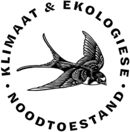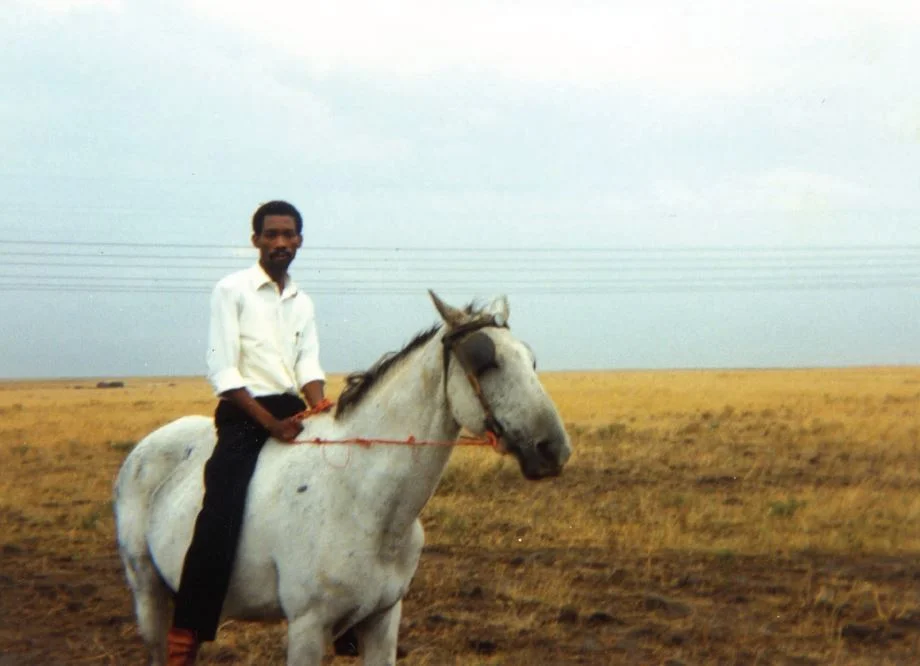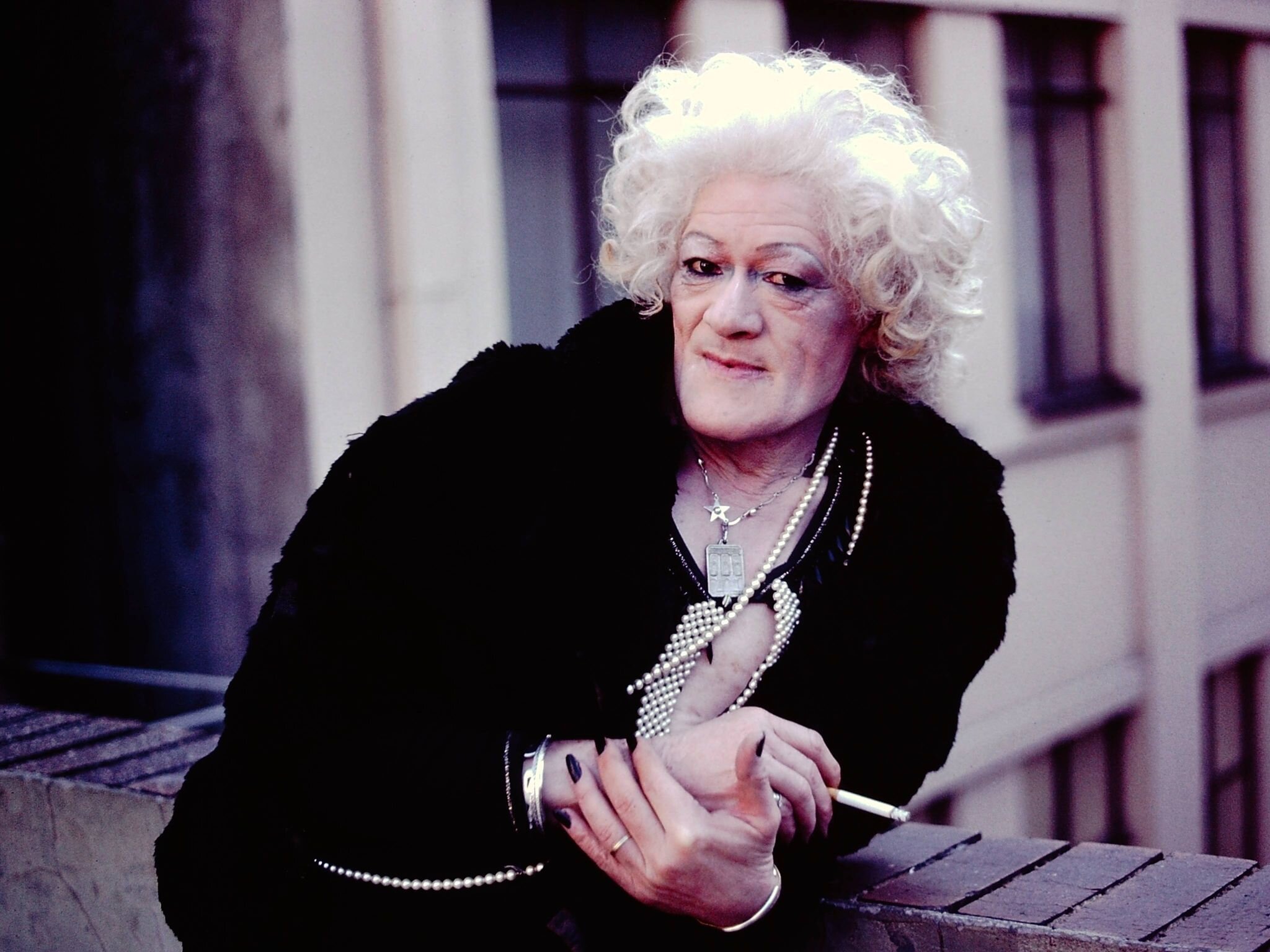'The Other Camera’

Spesiale foto’s geneem deur Bobson Sukhdeo Mohanlall in die 1970′s, bekend as die Bobson Studio Portraits. Dié versameling werk was op pad om verbrand te word deur die fotograaf om plek te maak vir digitale kameratoerusting, maar hy was op die nippertjie gekeer deur Lance Slabbert wat die waarde daarvan raakgesien het. Meneer Bobson se studio was van die eerste plekke wat kleurfoto’s in Durban kon vervaardig. Bobson Studio het meestal Zulu-kliënte gelok, wat met hul eie kulturele krale en kledingstukke geposeer het vir portrette en poskaarte. Die akademiese waarde van die “ander kamera” word hieronder uitgelig, soos aangeraak deur The Other Camera wat in 2015 by Commune.1 gewys het.
“The Other Camera explores another vision of the world from a communal and participatory point of view. Curated by Paul Weinberg, the show poses the important question: how do photographers from communities in Africa and specifically South Africa photograph their own people, environment, cultures and events? More importantly, how has the ‘other camera’ been acculturated and adapted to a modernised, globalised and transforming Africa? The exhibition is comprised of rare collections and archives that have been digitized, researched and curated at Visual Archives of UCT Libraries.
The camera, like the gun and the bible, has historically been viewed as a tool of colonialism. Destruction of indigenous value systems, cultures and its often-romantic reconstruction through images, is mirrored in many colonial experiences throughout the world. ‘The Other Camera’ offers another perspective and explores a more nuanced approach to the role of the camera, images and their attendant value. This focus brings the concept of indigenous media (insider perspectives on identity and representation) to the fore. Drawing on a number of years of research and variety of private and public archives scattered throughout the country, the research opens up new vistas beyond the dominant approaches of 19th and 20th century photography. It explores an array of dynamic relationships and shifts focus from how outsiders photographed the other to how the other photographs and represents itself.”
Eerste en oudste Afrikaanse tydskrif, sedert 1896
Ons bou aan ’n moderne beeld van hoe Afrikaanswees lyk, lees en klink. Het jy van 'The Other Camera’ gehou? Dan ondersteun ons. Vriende van Klyntji word op hierdie bladsy gelys.














